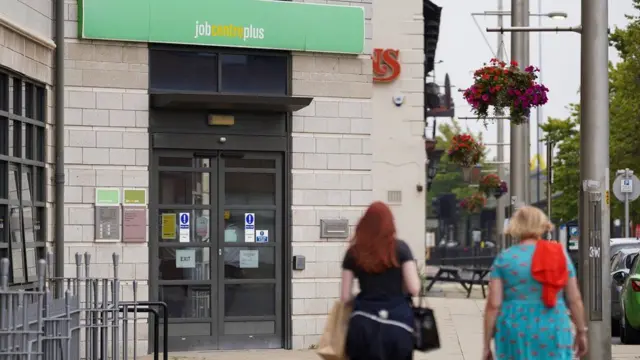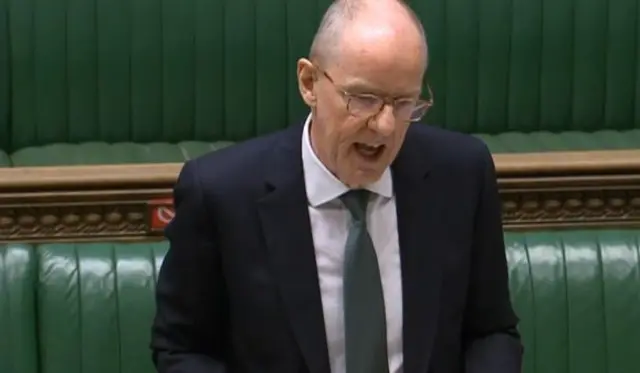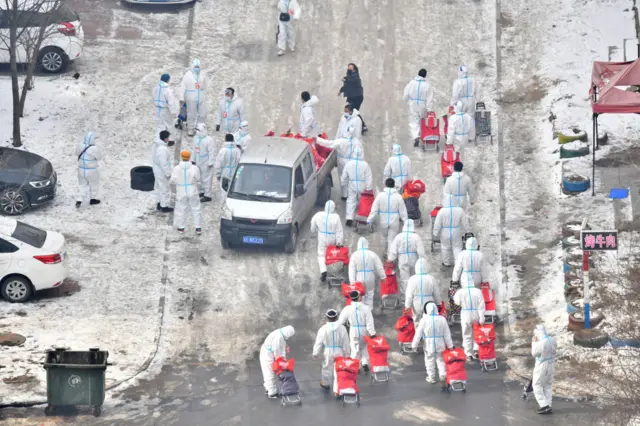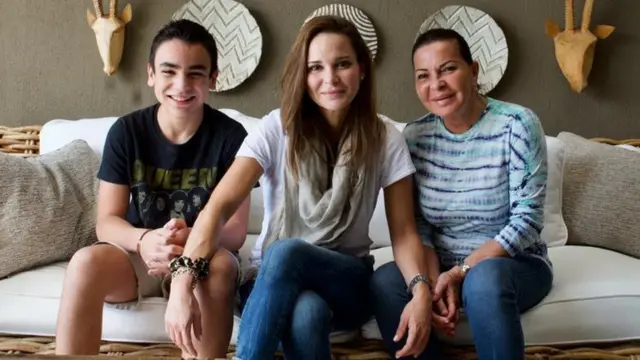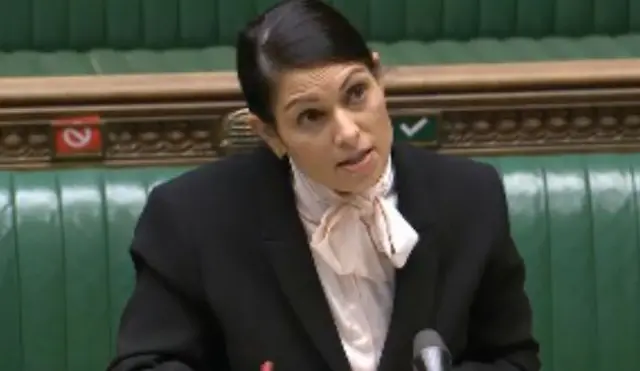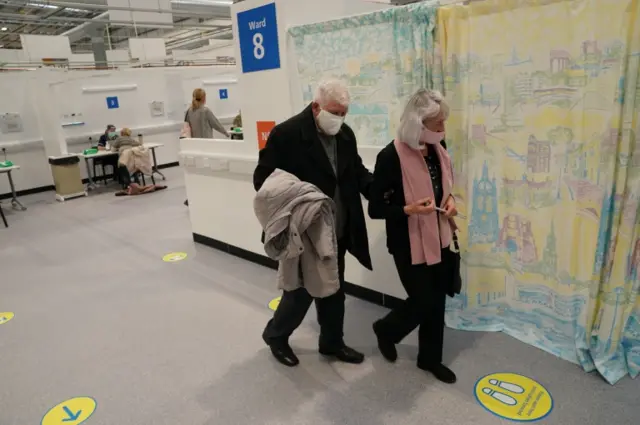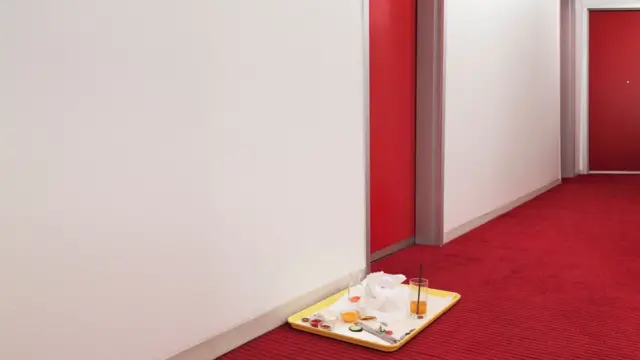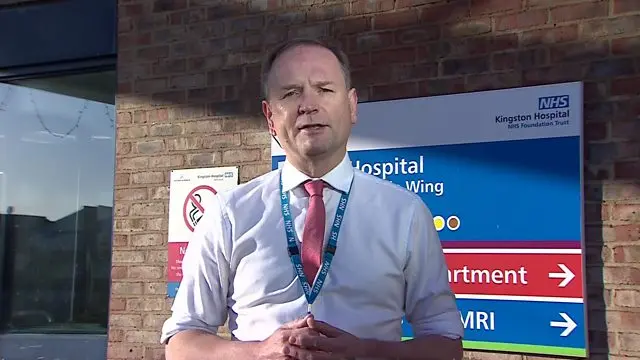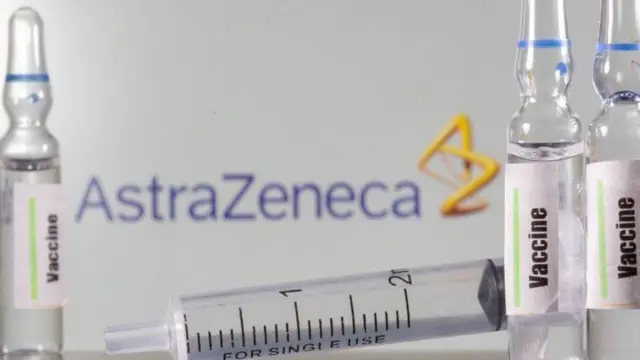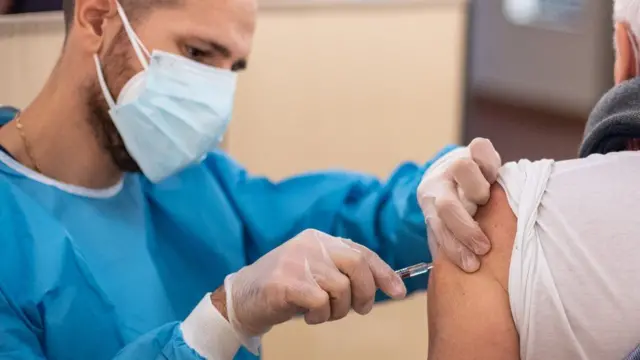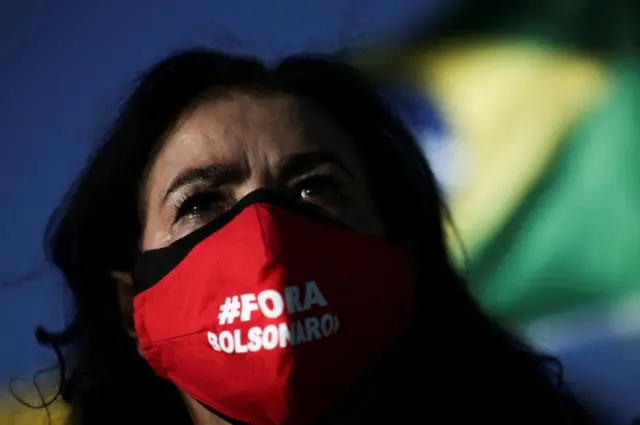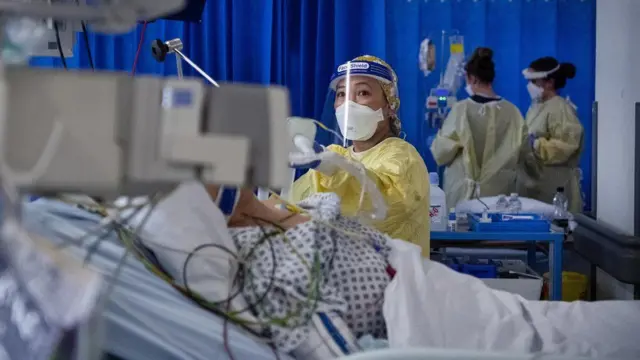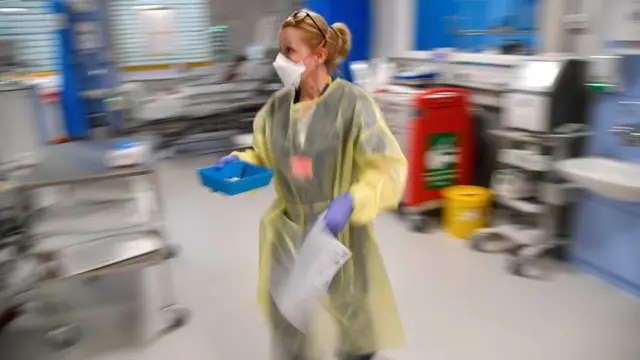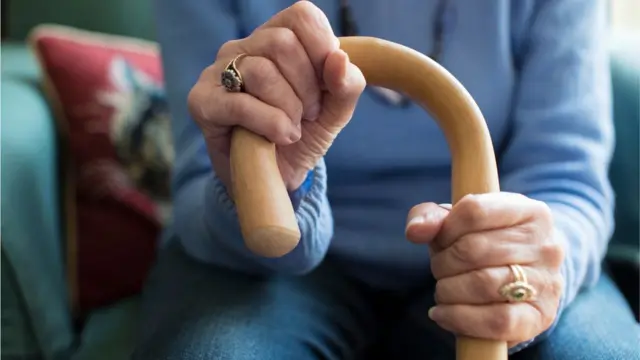Will schools reopen all at once or on a regional basis?published at 14:21 GMT 26 January 2021
Schools minister Nick Gibb is being quizzed about what the reopening of schools will look like, as he answers questions in the House of Commons.
Bob Blackman, the Conservative MP for Harrow East asks: "Will all schools be fully open or will it be based on a tier system?"
Simon Jupp, the Conservative member for Devon East, asks Gibb to confirm the government was keeping all forms of reopening schools on the table including reopening on a regional basis.
He answers: "We do want to see schools open as soon as possible, as we've always said during this pandemic, that schools should be the last to close and the first to open.
"We do consult with stakeholders and advisory groups about the options for reopening and we keep all those issues under review.
